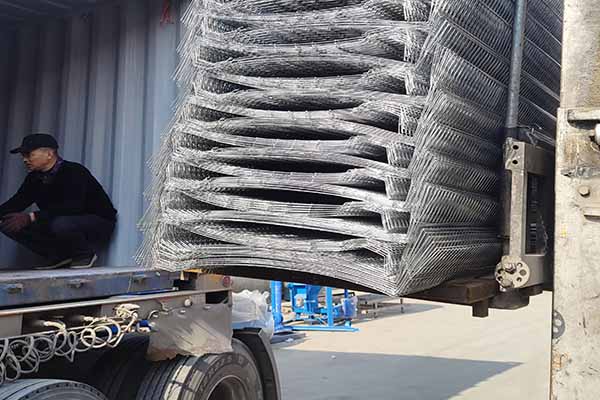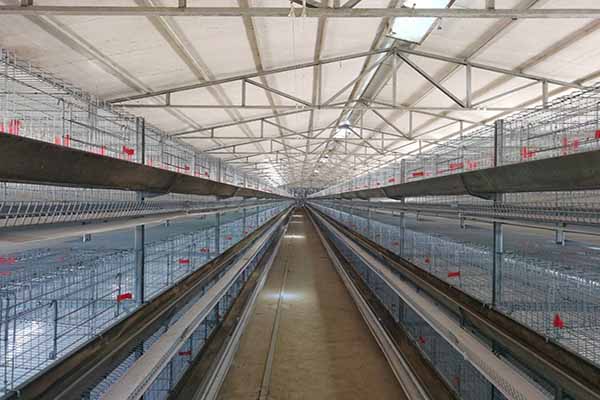Equipment Recommended by Kenya Chicken Farm Owner: A Comprehensive Guide
Time : 2025-06-25
In the bustling poultry industry of Kenya, equipment plays a crucial role in the success and productivity of chicken farms. To help farmers make informed decisions, we reached out to a respected Kenyan chicken farm owner for his insights on the essential equipment he recommends. In this article, we will explore the key equipment that he believes is essential for any chicken farm’s success, with a focus on practicality, efficiency, and cost-effectiveness.
The Importance of the Right Equipment
Effective farm equipment is the backbone of a well-managed chicken farm. It not only improves productivity but also ensures the health and welfare of the chickens. From incubators and feeders to environmental control systems, the right equipment can significantly impact the overall operation.
Incubators for Optimal Hatching Rates
“The incubator is the heart of our hatchery,” the farm owner emphasized. “We use state-of-the-art incubators that maintain optimal temperatures and humidity levels to ensure high hatching rates.” He recommended incubators with automatic temperature control and an egg turning mechanism for even hatching.

Equipment such as the Moba 8-15 Incubator is known for its efficiency and reliability. The farm owner also mentioned the importance of an egg collection system that minimizes the risk of contamination and reduces the manual labor required.
Automated Feeders and Waterers
Feed and water are the basic necessities for chickens. The farm owner advocated for automated feeders and waterers to streamline feeding routines. He highlighted the Moba 2000 Automated Feeder and the Niro Watering System, which provide precise and consistent feed and water delivery, reducing waste and ensuring each chicken receives the nutrients it needs.
“Automated systems not only save time but also prevent over- or under-feeding, which can lead to health issues,” he said.
Environmental Control Systems
The Kenyan climate can be harsh, and maintaining a comfortable environment for chickens is vital. The farm owner recommended environmental control systems that can regulate temperature, humidity, and ventilation. He preferred systems with sensors and programmable settings, like the Moba Climate Control System, which he found to be highly effective in creating the perfect living conditions for his chickens.
Sanitation Equipment
“Sanitation is paramount in poultry farming,” the farm owner stressed. “It prevents diseases and ensures the long-term health of our flock.” He suggested using high-quality san itation equipment, such as Moba’s BioClean System, which effectively cleans and disinfected equipment, stalls, and housing.
itation equipment, such as Moba’s BioClean System, which effectively cleans and disinfected equipment, stalls, and housing.
Health Monitoring and Management
“Health monitoring is crucial for early detection of any issues in our chickens,” said the farm owner. He recommended using equipment like th e Moba SmartBird Health Monitoring System, which tracks key health metrics in real-time, allowing for timely interventions.
e Moba SmartBird Health Monitoring System, which tracks key health metrics in real-time, allowing for timely interventions.
Cost-Effective and Sustainable Solutions
The farm owner also highlighted the importance of choosing equipment that is cost-effective and sustainable. He recommended investing in quality equipment that offers long-term benefits and avoids frequent repairs or replacements. “By purchasing high-quality equipment, we reduce our operational costs in the long run,” he explained.
Conclusion
Implementing the right equipment on a chicken farm is essential for success. From incubators to environmental control systems, each piece of equipment plays a vital role in the farm’s operation. The recommendations by the Kenyan chicken farm owner provide valuable insights into the types of equipment that can improve productivity, efficiency, and the overall well-being of the flock.
Additional Resources
For those interested in further information on poultry farming equipment, the following resources are recommended:











